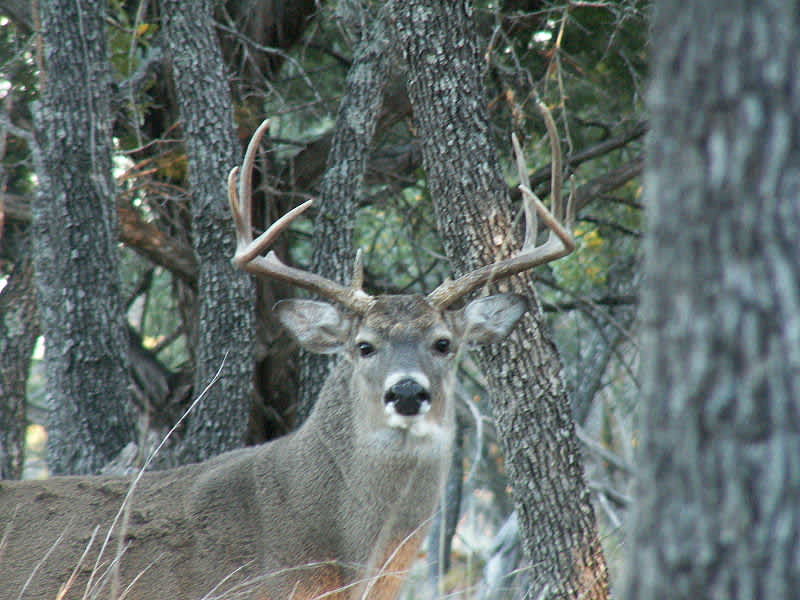Indiana High-fence Hunting Bill Fails in State Senate
OutdoorHub Reporters 02.05.14

An effort to legalize hunting preserves in Indiana failed on Tuesday by just one vote. According to The Journal Gazette, the 25-23 vote fell short of approving a bill which would regulate high-fenced hunting facilities in the state.
Hunting preserves have been a controversial subject for Indiana hunters and lawmakers in recent years. Last October an Indiana judge ruled that the state Department of Natural Resources (DNR) went beyond its authority in its 2005 decision to shut down about a dozen hunting preserves. Harrison County Circuit Court Judge Evans reasoned that since the deer at these facilities are privately owned, they cannot be regulated by the DNR.
Four such preserves are still operating in the state, and supporters of the bill hoped that its passage would lead to many more. The bill’s author, Senator Carlin Yoder (R-Middlebury), said that it will impose regulations on hunting preserves in the state, along with state inspections, permitting fees, and a set of standards for hunting deer.
“This is a bill that is needed,” he said. “If we don’t pass this bill, deer will be hunted in ways we can’t regulate or control.”
The Indianapolis Star reported that the remaining four hunting preserves currently do not have oversight from the DNR due to an ongoing legal challenge. It is a fact that worries both supporters and critics of high-fenced hunting.
Opponents of the bill, however, are overjoyed that it stalled in the Senate.
“I’m ecstatic. I thought it was going to pass,” said the Indiana Deer Hunters Association’s Doug Allman. “I really did. It’s a bill that not everyone understands completely.”
Indiana’s hunting community has mixed opinions of high-fenced facilities. While some sportsmen view hunting preserves as a great opportunity to bag game, others voice concern. Several of the lawmakers who voted against the bill on Tuesday say that hunting deer in an enclosed space is unethical. Wildlife experts point to possible health risks, as the transport of captive deer could spread illnesses such as chronic wasting disease (CWD) to the state’s native herds.
Proponents of preserve hunting say that the new regulations and the 160-acre minimum mandated by the bill would not only improve the image of high-fenced hunting, but also eliminate facilities that fail to meet the new standards. The bill is also supported by the state’s game breeders, who produce roughly 6,000 deer per year.
Some supporters remain hopeful that there is still a chance for the bill to pass the Senate. Two senators were absent from Tuesday’s vote due to illness, and could revive the measure if it is brought to the Senate again.

